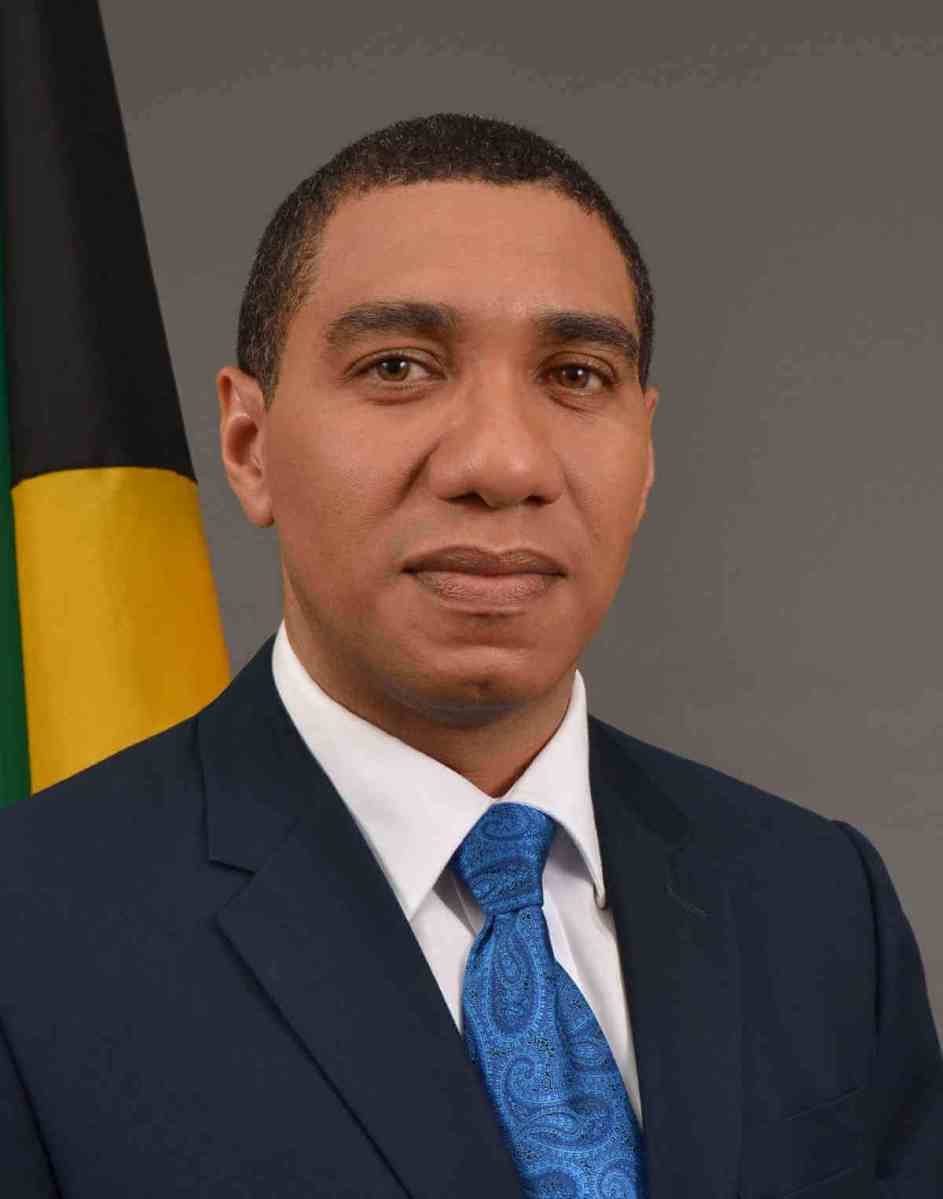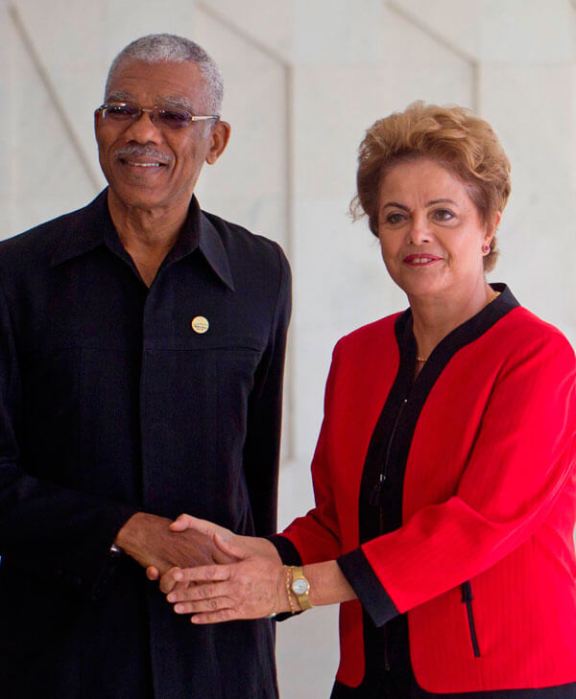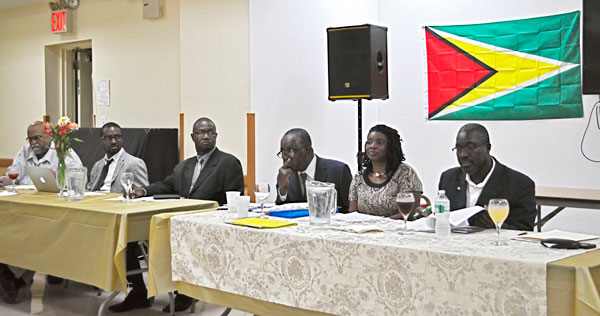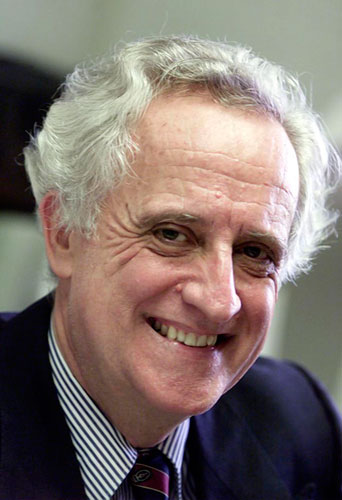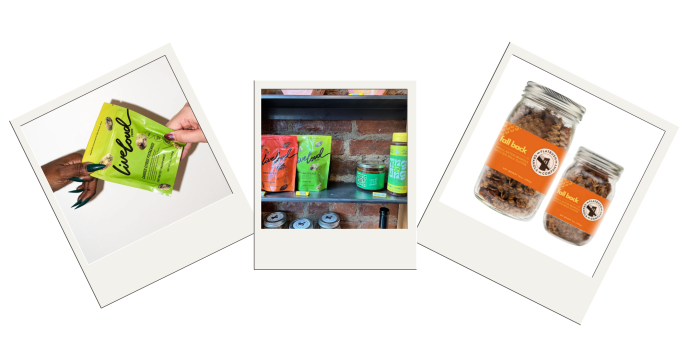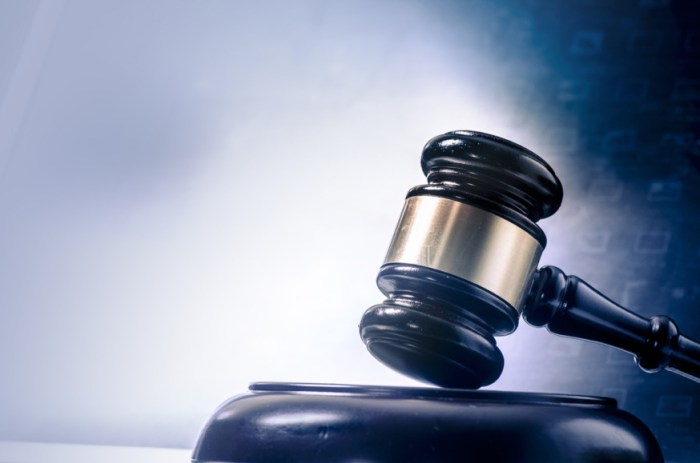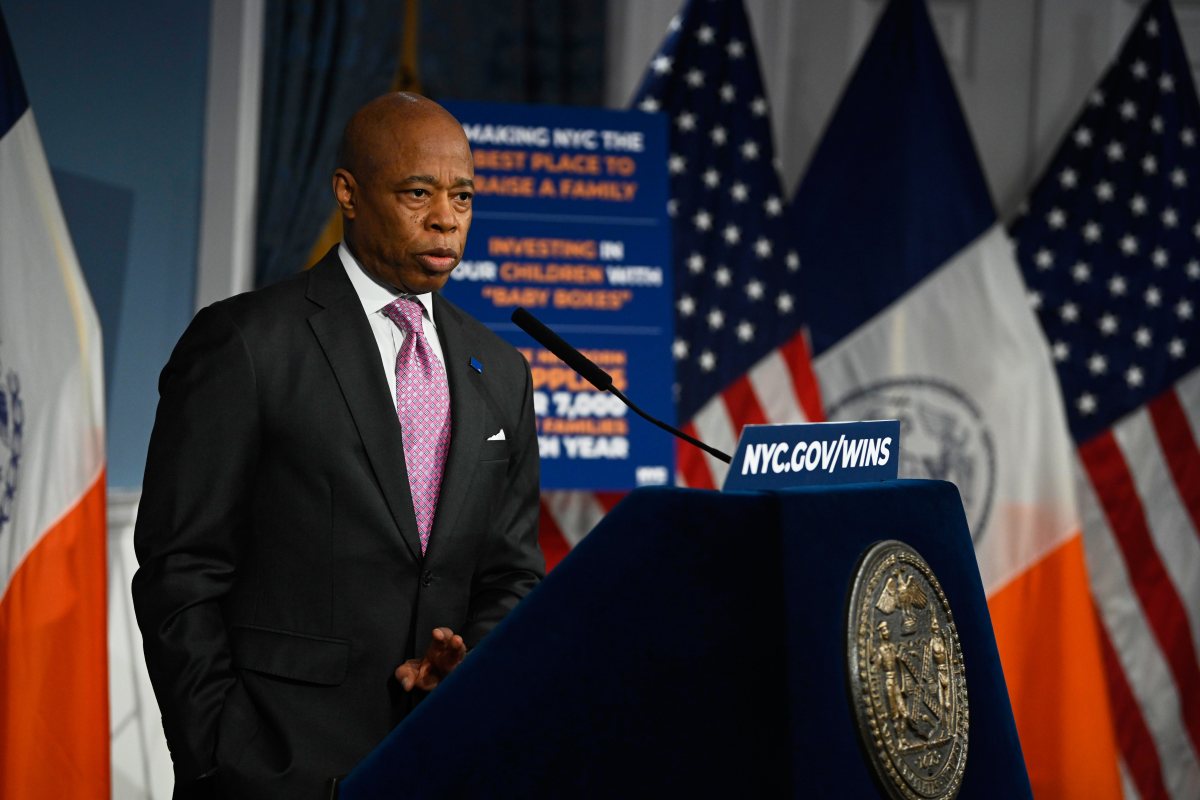In the past week, Nicolas Maduro’s swearing in for a second consecutive term as president of Venezuela diplomatically tore apart foreign policy coordination in the Caribbean Community with several countries supporting an Organization of American States (OAS) resolution condemning his administration’s legitimacy, a sizeable group voted in favor and the remainder chose to remain ‘neutral’ and abstained.
But while analysts are still fuming over the way the grouping of 15 nations went its own way, much of the attention is now being focused on the administration of Prime Minister, Andrew Holness in Jamaica as it moves to push out Venezuelan stakeholder interests in the island’s controversial, money-losing and problem-plagued national oil refinery.
Authorities there have in the past week signaled that special legislation legal draughtsmen had been preparing is almost ready to be tabled in parliament, allowing Jamaica to forcibly buyout the 49 percent shares Venezuelan has in Petrojam, the local refinery. Authorities say this move is necessary given the economic situation in Venezuela and diplomatic hostilities from the west against the country’s political and economic interests.
Jamaica is one of the regional bloc countries which surprisingly voted for the resolution condemning Maduro’s second term based on allegations that recent elections were flawed, null and void. The opposition People’s National Movement (PNM) and others in Jamaican society remain upset not only at the way Jamaica voted but are also suggesting that government is making moves for a hostile takeover of Venezuela’s 49 percent stake in Petrojam. They fear that both actions could have negative consequences for an island which was treated very kindly by Venezuela during the glory days of the 2005 PetroCaribe concession oil deal Venezuela had written up for most of the community.
In all Jamaica, Guyana, St. Lucia, Haiti and The Bahamas along with 14 other OAS member states voted against Venezuela, while Dominica, St. Vincent, Suriname voted the other way. Trinidad, St. Kitts, Antigua, Barbados and Belize abstained.
Divorcing the two issues, Foreign Minister, Kamina Johnson-Smith argued that authorities had becoming increasingly concerned that talks with Venezuela about it selling off its shares in the refinery had broken down and were proving difficult. Additionally, sanctions imposed by Washington against Venezuelan interests were clearly hampering the operations of the refinery so cabinet saw these developments not only as a threat to the viability of the facility but was also worried about energy security and related matters.
The refinery also needs to be upgraded to cater for waning demand for heavy fuel oil as the local power plant is preparing to shift generation and transmission emphasis to natural gas.
“Our feedback has been overall positive because the recognition generally — even those countries that are disappointed that it would have reached to this stage — recognize the importance of energy stability to Jamaica’s growth and Jamaica as an investment location. It has been recognized as an isolated event, they recognized the instability and the risk, and they actually, to a large extent, have congratulated the government on taking decisive action in ensuring that energy security is maintained here in Jamaica. There is no basis for the fears and concerns that are being fomented in the public domain,” Minister of Foreign Affairs, Johnson-Smith said.
To confirm how sensitive the two situations are-the OAS vote and the move to acquire Venezuela’s refinery shares- the minister pointed to the fact that Jamaica was represented at Maduro’s inauguration in the past week despite its negative vote. “We were not the only country to do so. There is a difference between diplomatic relations between states and recognition of any political administration. They are entirely different within foreign affairs. Accordingly, our maintenance of diplomatic relations, all of that remains the same. The separateness and technical nature of the engagement required for economic decisions that have to be taken in respect of the refinery, those are separate. They will be sensitive and they will be knotty, but Jamaica stood on principle, as we always have, and we will continue to stand on principle.”
Some of the countries which supported Venezuela are those which depend on it for daily oil supplies with delayed payment rates like St. Vincent and Dominica. These have consistently supported the South American nation and have even wavered in supporting follow bloc member state Guyana when it seeks support against Venezuela’s longstanding claim to Guyana’s territory. Until PetroCaribe came calling more than a decade ago, Guyana had enjoyed solid and unequivocal support from its Caribbean neighbors but this has changed in recent years given’s Venezuela’s economic largesse to the smaller Eastern Caribbean states in particular.


